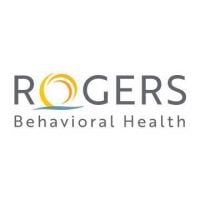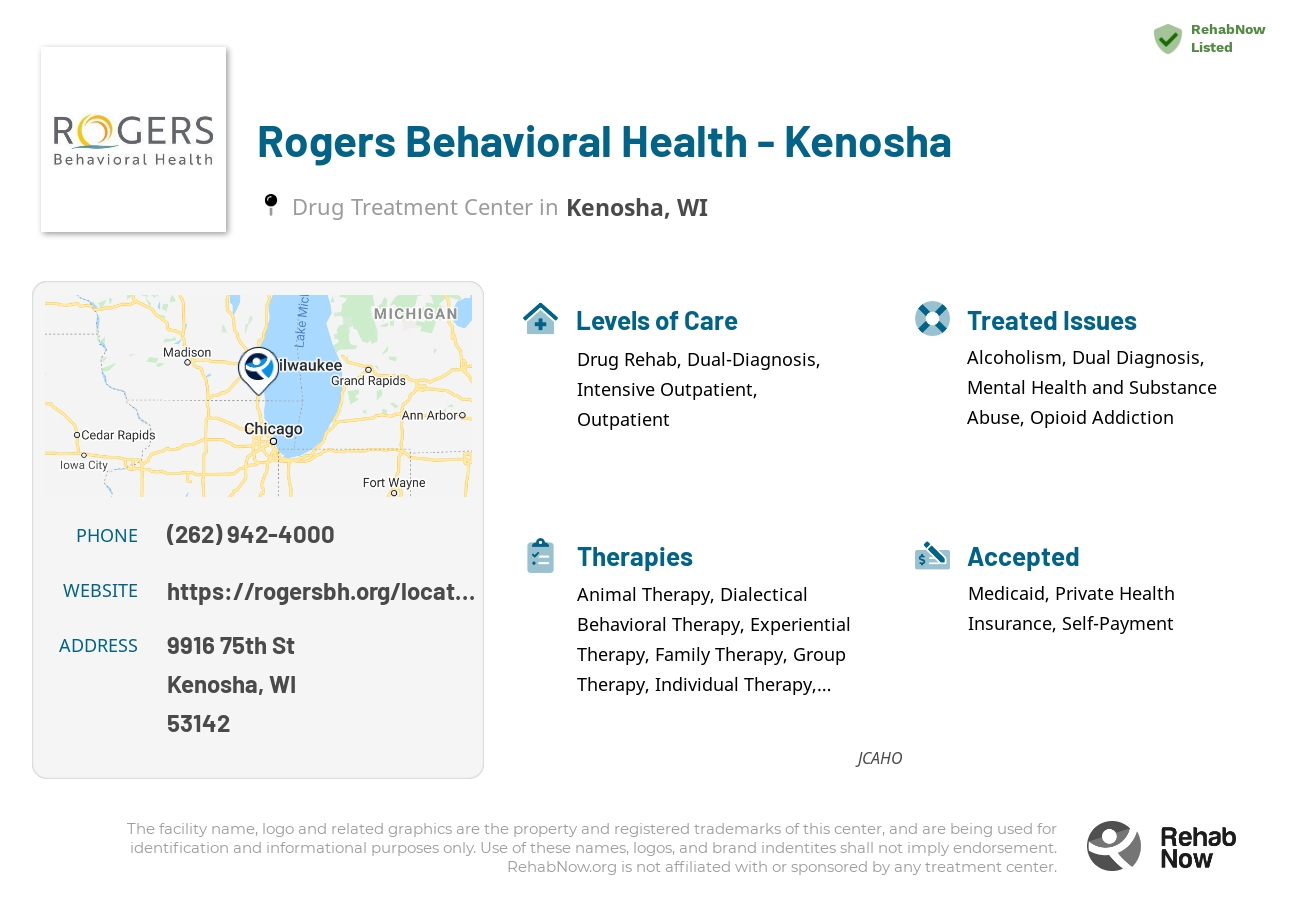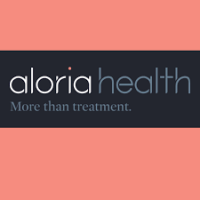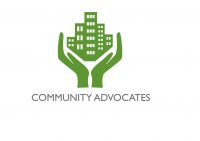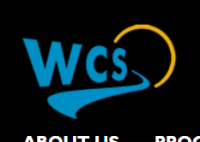Rogers Behavioral Health - Kenosha
Drug Rehab Center in Kenosha, Wisconsin
Rogers Behavioral Health - Kenosha is a dedicated addiction treatment facility that offers evidence-based detoxification services, holistic therapies, medication-assisted therapy, and more to help individuals reach lasting sobriety.
About Rogers Behavioral Health - Kenosha in Wisconsin
Rogers Behavioral Health - Kenosha, located in Kenosha, Wisconsin, is a reputable addiction treatment facility founded in 1907. With a focus on helping individuals suffering from alcoholism, dual diagnosis, opioid addiction, drug addiction, and mental health disorders, Rogers Behavioral Health - Kenosha offers a range of comprehensive services. Accredited by LegitScript and JCAHO, this facility ensures high-quality care and adheres to rigorous standards. Accepting private health insurance, Rogers Behavioral Health - Kenosha is committed to providing accessible and effective treatment options for those seeking recovery.
Rogers Behavioral Health - Kenosha offers various levels of care to address addiction and substance abuse. In addition to drug rehab and outpatient services, they provide specialized assistance for individuals with dual-diagnosis and extensive support for those requiring intensive outpatient and partial-hospitalization programs. With a focus on holistic recovery, Rogers Behavioral Health - Kenosha tailors treatment plans to each individual's unique needs and emphasizes the importance of mental health alongside addiction recovery. By offering a comprehensive range of services, this facility aims to empower individuals to overcome their struggles and achieve long-lasting recovery.
Genders
Ages
Modality
Additional
Accreditations

LegitScript

JCAHO
Conditions and Issues Treated
Opioid addiction treatment should be done in a medically supervised drug rehab. While taking opioids, users will typically use other substances to enhance the effects of opioids or to reduce the adverse effects of opioid use. Opioid addiction treatment will include detoxification and drug rehab counseling to help both the user and their loved ones learn how to live a successful sober lifestyle.
Treatments such as methadone, buprenorphine, and naltrexone are three medications that can help treat opioid addiction. These drugs work on the brain’s pleasure center and reduce cravings and the effects of illicit opioids such as heroin. These drugs can be either given orally or by injection. Individual drug rehab counseling sessions can be helpful to discuss any questions or concerns with the drug treatment program. This counseling will also help the user set goals for when they finish drug rehab.
Opioid addiction recovery is a long process. Many of the changes to the brain caused by opioid use cannot be undone, but with time and the proper treatment, a person can return to normal function. After detox, treatment will include drug rehab counseling and entering a halfway house or sober living community. Aftercare is critical to long-term recovery, as it helps the user avoid relapsing and entering back into drug rehab.
Levels of Care Offered
This center offers a variety of custom treatment tailored to individual recovery. Currently available are Drug Rehab, Dual-Diagnosis, Intensive Outpatient, Outpatient, Partial-Hospitalization, with additional therapies available as listed below.
Intensive outpatient treatment is a type of comprehensive addiction care. Unlike conventional residential treatment programs, the patients live at home during the recovery process. This means that one can continue working and caring for their families. These also allow people to keep pursuing their studies while also working on their sobriety.
Outpatient treatment can help one transition to normal life from the round-the-clock supervision and treatment available during inpatient treatment. It is an excellent tool to ensure long-term recovery. However, it is essential to note that intensive outpatient treatment in itself does not remove patients from the real-world setting. This means there’s always a higher risk of coming across environmental triggers. To further prevent relapse, an outpatient treatment center should be able to provide ongoing support services.
Once the patient is enrolled in an intensive outpatient treatment program, they will be expected to attend therapy and group meetings daily for a stipulated period. The frequency and duration of each session will depend on the patient’s needs and level of addiction. This can help curb the habit and deal with underlying issues that led to it. Most of these professional treatments are designed to allow patients to structure their daily schedules in a way that is conducive to recovery.
“Outpatient treatment is ideal for those who have a lower intensity addiction. It’s also suitable for those with a supportive environment and those on a tight budget.
Outpatient treatment can be considered the lowest intensity level of addiction treatment. It is ideal for early phase addiction or lower intensity addictions. It may involve weekly sessions instead of daily. Peer group support, 12-step programs, and individual counseling may still be used and anti-addiction medication.
This type of addiction treatment is available for people who need more time and attention than an outpatient program can provide. This type of program is beneficial for people who have low motivation due to addiction, or have a lack of support at home which prohibits them from being able to attend a traditional addiction recovery program.
PHP is beneficial to:
- Individuals who have very low motivation to recover from addiction as a result of the severe consequences they are facing as a result of their drug or alcohol use.
- People with a mental health diagnosis combined with addiction.
- People who need to be closely monitored due to the fact that they are not able to function well enough on their own.
- People who do not have strong social support or other treatment options available to them at home such as family or individual therapy.
Therapies & Programs
No single treatment works for all addicts; therefore, the goal of treatment and therapy should be to find what works best for each individual. Some people requiring addiction treatment may only need a few weeks of inpatient care. Others will require long-term residential care. Tolerance and withdrawal levels vary from person to person and thus affect the intensity of the treatment needed.
If an individualized approach to treatment and therapy is not offered, addicts may fail to reap benefits from their efforts. Professionals must customize plans according to their patient’s needs, limitations, and strengths. The goal of all forms of addiction treatment should be for addicts to find healthy ways to cope with their addiction and its underlying causes.
The therapies usually include siblings, children, and parents who are involved in their daily lives. These sessions are vital because they address past issues that may have hampered an addict’s or alcoholic’s recovery and provide support at a crucial time!
One of the most critical aspects of family therapy is helping addicts’ loved ones see their situation in a new light. It’s also one of the most challenging things a family can do when a loved one struggles with addiction or alcoholism.
Group therapy is held in a safe, controlled setting where patients can feel comfortable sharing their struggles and gaining perspective through shared conversations. It takes place in a group rather than one on one to prevent feelings of isolation or being unique in their situation while creating an environment for addicts at Rogers Behavioral Health - Kenosha to develop fellowship, accountability, and support. Group therapy is an important tool in recovery that prevents cravings that prompt a return to active addiction.
Dialectical Behavior Therapy is a form of Cognitive Behavioral Therapy that helps patients understand the relationship between their thoughts, feelings, and behaviors. It is beneficial for those whose addictions and behaviors stem from severe mental health issues. It aims to help the patient achieve their goals and identify how they can enhance their lives.
Cognitive-behavioral therapy is a talking-based method that helps people struggling with addiction replace destructive behaviors with healthier ones. CBT also helps them identify the underlying thoughts and beliefs that cause these behaviors in the first place and ways to control those thoughts and feelings. It can be administered as a holistic therapy or as part of combination therapy and—as opposed to turning to drugs and alcohol—helps addicts learn how to respond to negative thoughts instead.
Patient Experience
Creative Arts
Creative arts therapy is a form of expressive therapy that uses painting, music, poetry, and other creative means to help those battling addiction. It is beneficial for patients to release negative feelings and emotions and explore how their thoughts and emotions play out through the creative process. Rogers Behavioral Health - Kenosha in Kenosha, WI, offers creative art therapy to help patients cope with addiction and its after-effects.
Experiential Therapy at Rogers Behavioral Health - Kenosha
Experiential Therapy is used by drug treatment facilities to treat substance abuse. This treatment is clinically proven to help addicts in detoxification by allowing them to release emotions in a safe environment. The treatment process involves addicts painting their feelings and releasing them on a canvas.
One of the most popular forms of experiential therapy is known as LPE – Love, Peace, and Equilibrium. Amy Gumowitz developed this treatment in 1992. By implementing her philosophy of “reality therapy” into the treatment, Gumowitz’s results were outstanding. Once her success was validated by those she had been helping, she decided to open her treatment center. Although Gumowitz passed away in 2007, her contribution to the addiction recovery remains effective, and better yet, it is 100% self-sufficient.
Payment Options Accepted
For specific insurance or payment methods please contact us.
Is your insurance accepted?
Ask an expert, call (888) 674-0062
Rogers Behavioral Health Associated Centers
Discover treatment facilities under the same provider.
- Rogers Behavioral Health - Appleton in Appleton, WI
- Rogers Behavioral Health - Brown Deer Outpatient Center in Milwaukee, WI
- Rogers Memorial Hospital - Brown Deer in Milwaukee, WI
Learn More About Rogers Behavioral Health Centers
Additional Details
Specifics, location, and helpful extra information.
Kenosha, Wisconsin 53142 Phone Number(262) 942-4000 Meta DetailsUpdated November 25, 2023
Staff Verified
Is Rogers Behavioral Health – Kenosha a LegitScript Verified Treatment Facility?
According to our most recent records, we have found this center to be LegitScript verified.
Rogers Behavioral Health - Kenosha Patient Reviews
There are no reviews yet. Be the first one to write one.
Kenosha, Wisconsin Addiction Information
Wisconsin has some of the highest rates in the United States for both adolescent and adult substance abuse. Since 2009, the state has been experiencing the same escalating rates of drug abuse and addiction as the rest of the country. The major concerns are the misuse of prescription painkillers and the escalating number of deaths due to alcohol-related liver disease.
8% of Kenosha residents reported using illicit drugs in the past month in 2021. 1 in 10 residents needs treatment for an alcohol or drug problem. Underage drinking is also a problem in the city. In 2021, about 28% of Kenosha high school students reported drinking alcohol in the past month. Treatment centers offer both inpatient and outpatient programs, as well as a variety of specialized programs.
Treatment in Nearby Cities
- Delavan, WI (36.6 mi.)
- Two Rivers, WI (111.2 mi.)
- Sussex, WI (41.9 mi.)
- Darlington, WI (111.6 mi.)
- Waukesha, WI (34.3 mi.)
Centers near Rogers Behavioral Health - Kenosha
The facility name, logo and brand are the property and registered trademarks of Rogers Behavioral Health - Kenosha, and are being used for identification and informational purposes only. Use of these names, logos and brands shall not imply endorsement. RehabNow.org is not affiliated with or sponsored by Rogers Behavioral Health - Kenosha.
